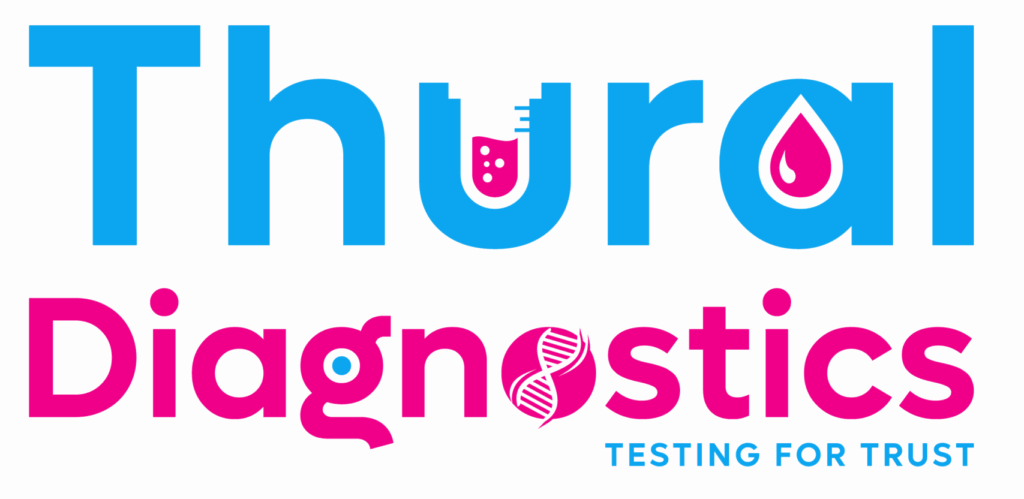What is a Serum Calcium Test?
A serum calcium test measures the amount of calcium in your blood. Calcium is a mineral your body needs for strong bones, healthy teeth, and normal heart function. Many pathology labs offer this blood calcium test as part of routine health checks. Because calcium levels can affect many body systems, doctors often use this test to check for health problems.
Why is a Serum Calcium Test Done?
Doctors order a serum calcium test for several reasons. For example, it helps check for problems with your bones, kidneys, or parathyroid glands. Sometimes, it is part of a group of blood tests to find out why you have certain symptoms. In addition, the test can help monitor ongoing health conditions.
According to the CDC, keeping calcium levels in the normal range is important for good health.
How is the Serum Calcium Test Performed?
The serum calcium test is simple and quick. First, a healthcare worker cleans your skin. Next, they use a small needle to take a blood sample from your arm. After that, the sample goes to a pathology lab for testing. Most people feel only a small pinch during the blood draw. The whole process usually takes less than five minutes.
Understanding Your Serum Calcium Test Results
Your test results show the amount of calcium in your blood. Normal calcium levels for adults are usually between 8.5 and 10.2 milligrams per deciliter (mg/dL). However, these numbers may vary slightly between labs. If your calcium level is too high, it could mean you have a problem with your parathyroid glands, kidneys, or certain cancers. On the other hand, low calcium levels may point to vitamin D problems, kidney disease, or other health issues.
Always talk to your doctor about your results. They can explain what your numbers mean for your health.
Risks and Precautions
Although the serum calcium test is safe, there are a few minor risks. For instance, you might have slight pain, bruising, or swelling where the needle went in. Rarely, some people may feel dizzy or faint. If you have bleeding problems, let your doctor know before the test. Most people recover quickly and have no lasting effects.
How to Prepare for a Serum Calcium Test
Usually, you do not need to do much to prepare for this blood test. However, some medicines can affect your calcium levels. Therefore, tell your doctor about all the medicines and supplements you take. Sometimes, your doctor may ask you to stop certain drugs before the test. Also, you may need to avoid eating or drinking for a few hours, but your doctor will give you clear instructions.
Frequently Asked Questions
When to Consult a Doctor
If your serum calcium test shows high or low levels, talk to your doctor. Also, if you have symptoms like muscle cramps, weakness, confusion, or bone pain, seek medical advice. Early treatment can help prevent serious problems. Your doctor can guide you on the next steps and suggest more tests if needed.
In summary, the serum calcium test is a simple way to check your blood calcium levels. It helps find and manage many health conditions. For the best care, always discuss your results with a healthcare professional. If you have questions or concerns, consult your doctor for personalized advice.


